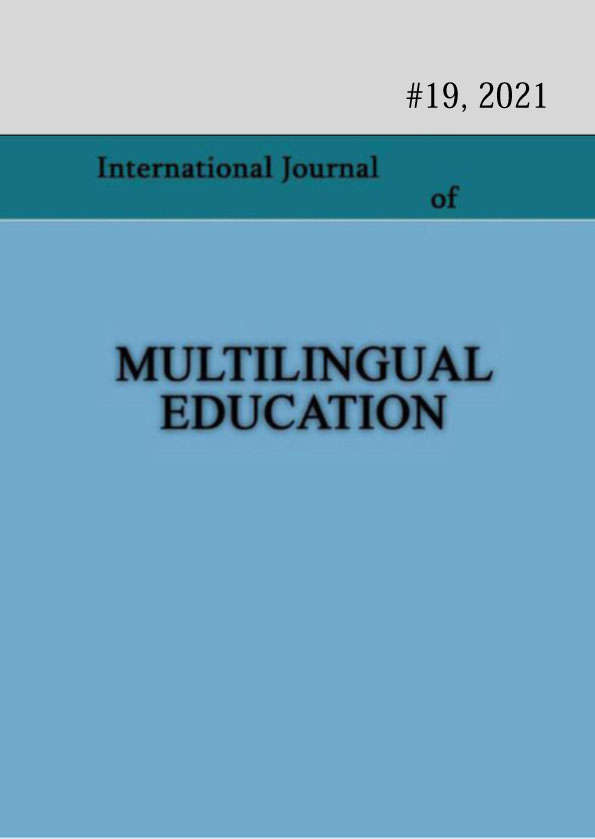Issues of mastering new vocabulary in Georgian, As in the process of learning a second language
Keywords:
vocabulary, assimilation, group, processAbstract
Study and acquisition of the second language primary foresees gradual development of the lexis. A rich lexicon of the person directly promotes easy acquisition of the second language.
In our reality, at Batumi Shota Rustaveli State University, we deal with different groups of the Armenians, Azerbaijanian, Turks, Russians, Ukrainians, Belarusians, Kazakhs and other people, prompted with different aims to study the Georgian language. Some of them acquire the Georgian language easily, some with difficulties. In order to detect the factors promoting and complicating acquisition of Georgian vocabulary, we’ll discuss the following cases: 1. The vocabulary, which is common for all ethnic groups (the international words); 2. The vocabulary, which is allied to some ethnic group; 3. Fully new vocabulary (according to the aims of studies); Thus, these and other related issues will be covered within the frames of the paper.
References
Antadze F. (2011). On the Factor Historically Contacting Language in Linguodidactics (On Persian-Georgian material): Issues of State Language Teaching, Problems and Challenges, Proceedings of the International Scientific Conference, Batumi.
Shaverdashvili, E. (2014). Co-authored by Nino Pitskhelauri, Pati Ramishvili, Megi Gvasalia, Fundamentals of Foreign Language Teaching Ilia State, Part One. University. Tbilisi, 2014. https://www.researchgate.netShaverdashvili/publication/275583428_utskhouri_ enebis_sapudzvlebi/links/553feb4e0cf2736761c25beb/utskhouri
Saville-Troike, M. (2016). Introducing Second Language Acquisition; Second Edition, Tbilisi, CCIIR.
Downloads
Published
How to Cite
Issue
Section
License
Copyright (c) 2021 Maia Kikvadze

This work is licensed under a Creative Commons Attribution-NonCommercial 4.0 International License.
Copyright (c) - Authors who publish with this journal agree to the following terms: Authors retain copyright and grant the journal the right of first publication with the work simultaneously licensed under a Creative Commons Attribution-Noncommercial 4.0 International License, which allows others to share the work with an acknowledgement of the work's authorship and initial publication in this journal. Authors are permitted and encouraged to post their work online (e.g., in institutional repositories or on their personal website) prior to and during the submission process, as it can lead to productive exchanges, as well as earlier and greater citation of published work (see The Effect of Open Access). Authors may enter into separate, additional contractual arrangements for the non-exclusive distribution of the journal's published version of the work (e.g., post it to a repository or publish it in a book), with an acknowledgement of its initial publication in this journal.

